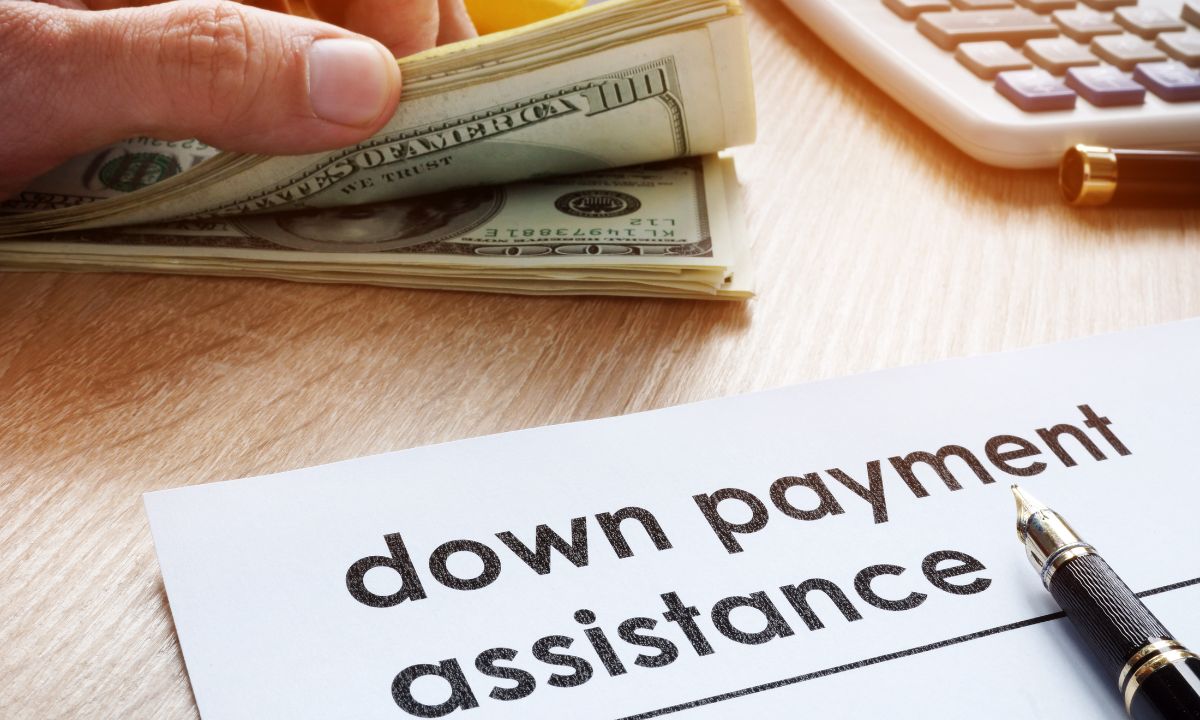 As a homeowner, the thought of foreclosure can be daunting. Understanding what foreclosure is and how to prevent it can provide peace of mind and safeguard your investment.
As a homeowner, the thought of foreclosure can be daunting. Understanding what foreclosure is and how to prevent it can provide peace of mind and safeguard your investment.
What is Foreclosure?
Foreclosure is a legal process where a lender attempts to recover the balance of a loan from a borrower who has stopped making payments. The lender forces the sale of the asset used as collateral for the loan—in this case, your home.
How Does Foreclosure Work?
The foreclosure process typically begins after several missed mortgage payments. First, the lender issues a notice of default, giving you a certain period to catch up on payments. If the default isn’t resolved, the lender can proceed with selling the home at a foreclosure auction.
Steps to Avoid Foreclosure
1. Communicate with Your Lender
Firstly, if you’re struggling to make payments, don’t ignore the problem. Contact your lender immediately to discuss your situation. They may offer options such as a loan modification or repayment plan.
2. Understand Your Mortgage Rights
Secondly, review your loan documents to understand your lender’s rights and your own. Knowing the timeline and procedures for foreclosure in your state can help you prepare and respond appropriately.
3. Explore Government Programs
Several federal programs are designed to help homeowners avoid foreclosure and offer various options such as refinancing and modification programs to make mortgage payments more affordable.
4. Consider Selling Your Home
If keeping up with mortgage payments is not feasible, selling your home may be a viable option. This can prevent foreclosure and protect your credit score. Work with a real estate agent to explore the best strategy for selling your home quickly and at a fair price.
5. Seek Professional Help
Do not hesitate to seek help from a HUD-approved housing counselor. These professionals can offer free or low-cost advice on avoiding foreclosure and managing your finances.
Foreclosure can be avoided with proactive steps and professional guidance. By communicating with your lender, understanding your mortgage rights, exploring government programs, considering selling your home, and seeking professional help, you can protect your home and your financial future.
 As a homeowner, your property is not just a place to live—it’s a significant investment that deserves protection. Ensuring your home’s safety and security is crucial in safeguarding your family and maintaining your property’s value. Here are some essential tips to help you protect your investment.
As a homeowner, your property is not just a place to live—it’s a significant investment that deserves protection. Ensuring your home’s safety and security is crucial in safeguarding your family and maintaining your property’s value. Here are some essential tips to help you protect your investment. When it comes to purchasing a new home, tapping into your retirement savings can seem like a quick fix. However, this decision can have long-term repercussions on your financial future. Instead of withdrawing from your retirement, consider these smarter financial strategies to fund your home purchase.
When it comes to purchasing a new home, tapping into your retirement savings can seem like a quick fix. However, this decision can have long-term repercussions on your financial future. Instead of withdrawing from your retirement, consider these smarter financial strategies to fund your home purchase.
 Buying a second home is an exciting milestone. Whether it’s a vacation retreat, an investment property, or a future retirement haven, the decision involves many considerations. One of the most important questions you’ll face is whether to rent out your first home or sell it. Both options have their pros and cons, and the right choice depends on your financial goals, market conditions, and personal circumstances. Let’s discuss the key factors to help you make an informed decision.
Buying a second home is an exciting milestone. Whether it’s a vacation retreat, an investment property, or a future retirement haven, the decision involves many considerations. One of the most important questions you’ll face is whether to rent out your first home or sell it. Both options have their pros and cons, and the right choice depends on your financial goals, market conditions, and personal circumstances. Let’s discuss the key factors to help you make an informed decision. Have less-than-optimal credit? That doesn’t necessarily mean you have to put your dreams of homeownership on pause. While buying a home with bad credit can be challenging, it’s certainly not impossible. Understanding your options and preparing adequately can turn this daunting task into an achievable goal.
Have less-than-optimal credit? That doesn’t necessarily mean you have to put your dreams of homeownership on pause. While buying a home with bad credit can be challenging, it’s certainly not impossible. Understanding your options and preparing adequately can turn this daunting task into an achievable goal. Buying your first home is an exciting milestone, but it can also feel overwhelming. One critical step in the home-buying process is the home inspection. An inspection is a complete examination by a professional home inspector and ensures the property is in good condition and helps you avoid costly surprises. What exactly does a home inspector look for in a home you want to buy? Let’s break it down.
Buying your first home is an exciting milestone, but it can also feel overwhelming. One critical step in the home-buying process is the home inspection. An inspection is a complete examination by a professional home inspector and ensures the property is in good condition and helps you avoid costly surprises. What exactly does a home inspector look for in a home you want to buy? Let’s break it down. Selling your home can be both exciting and overwhelming. The goal is often to sell quickly and for the best possible price. Here are some important tips to help you achieve a quick and profitable sale.
Selling your home can be both exciting and overwhelming. The goal is often to sell quickly and for the best possible price. Here are some important tips to help you achieve a quick and profitable sale.
 The journey to homeownership is an exciting adventure filled with many steps and decisions. As you approach the final stage of finalizing your purchase, it’s crucial to be well-informed and prepared.
The journey to homeownership is an exciting adventure filled with many steps and decisions. As you approach the final stage of finalizing your purchase, it’s crucial to be well-informed and prepared.